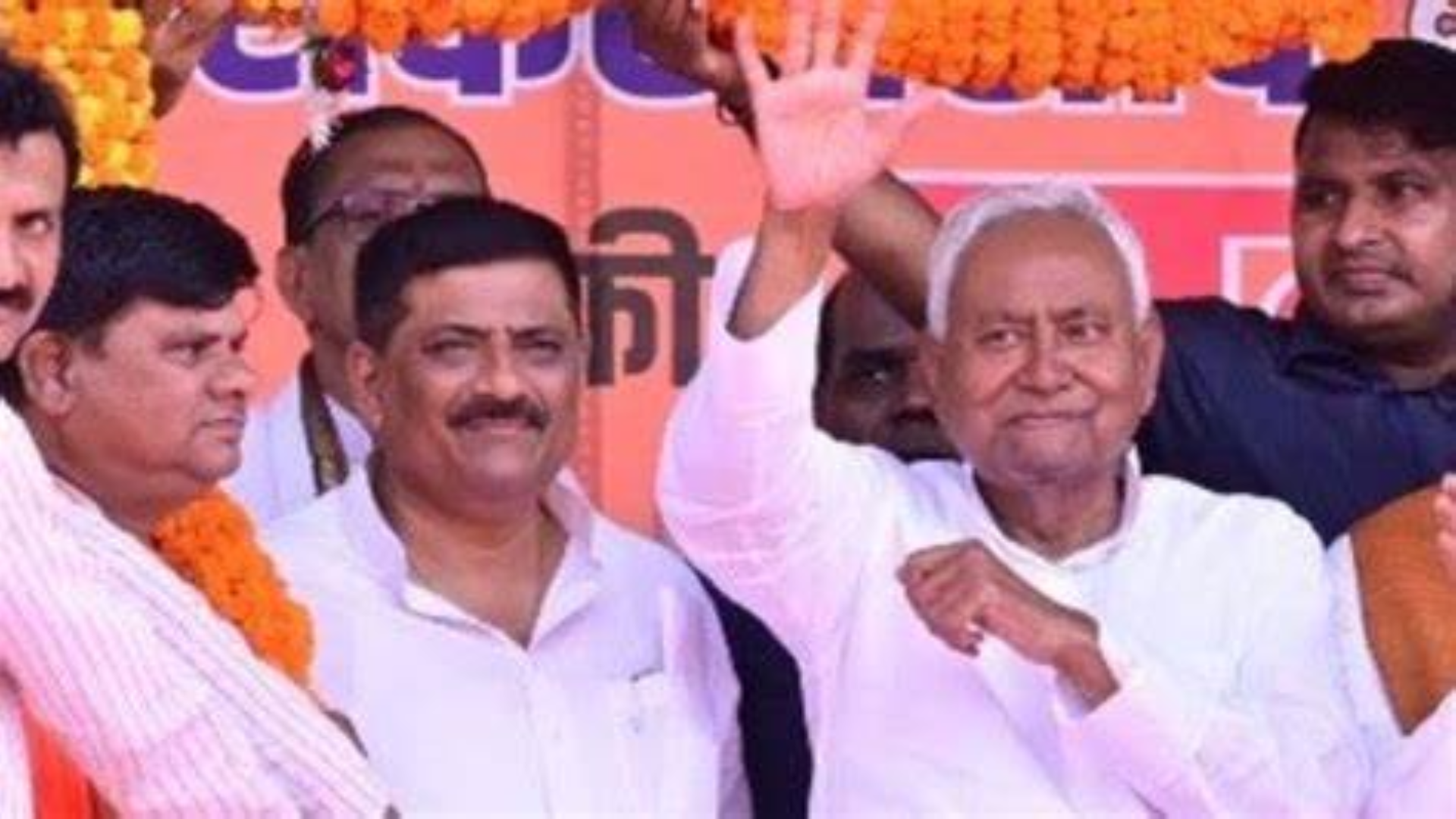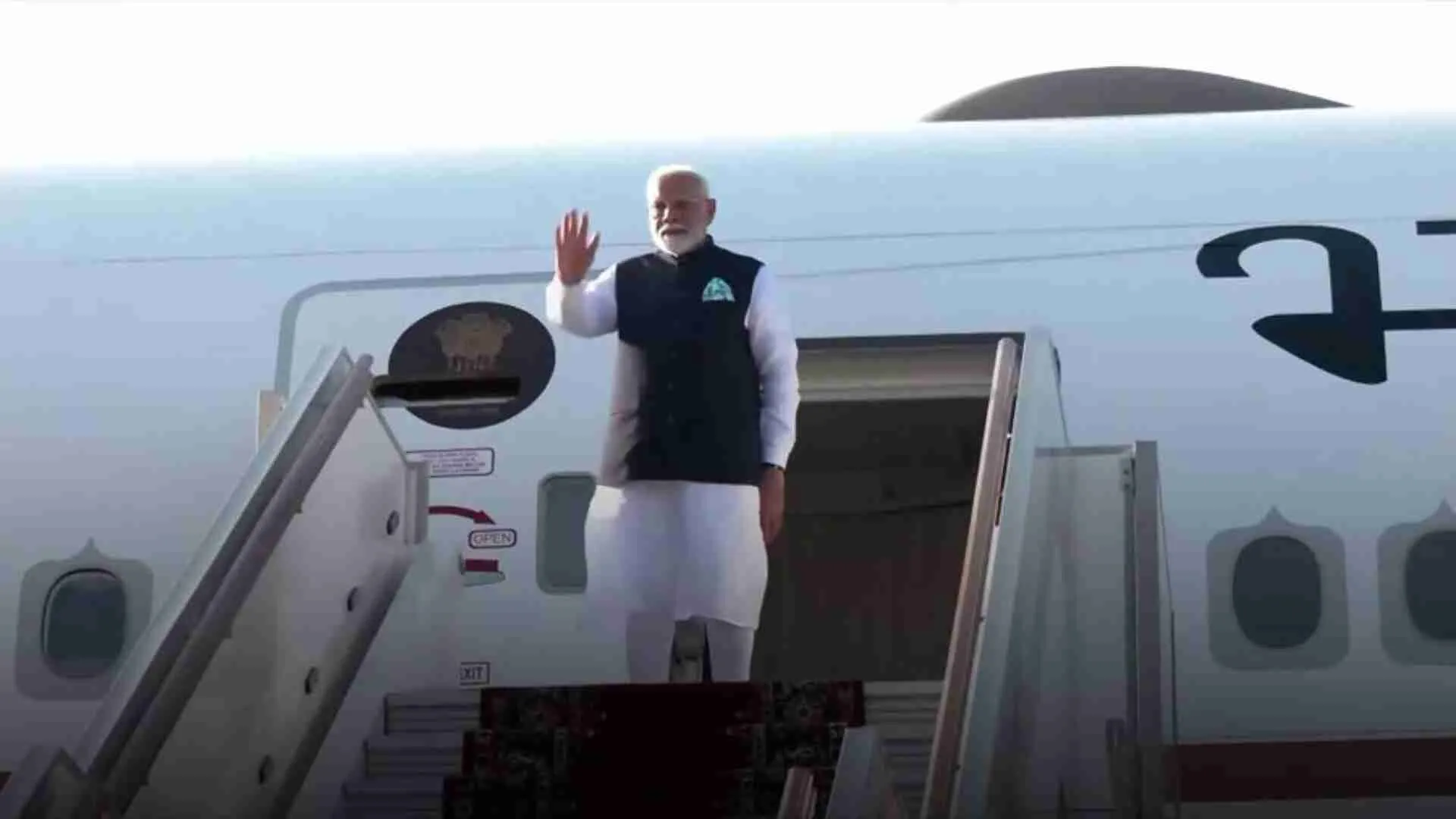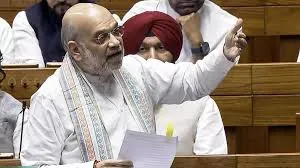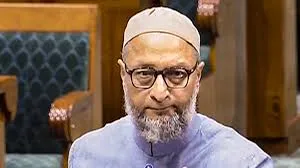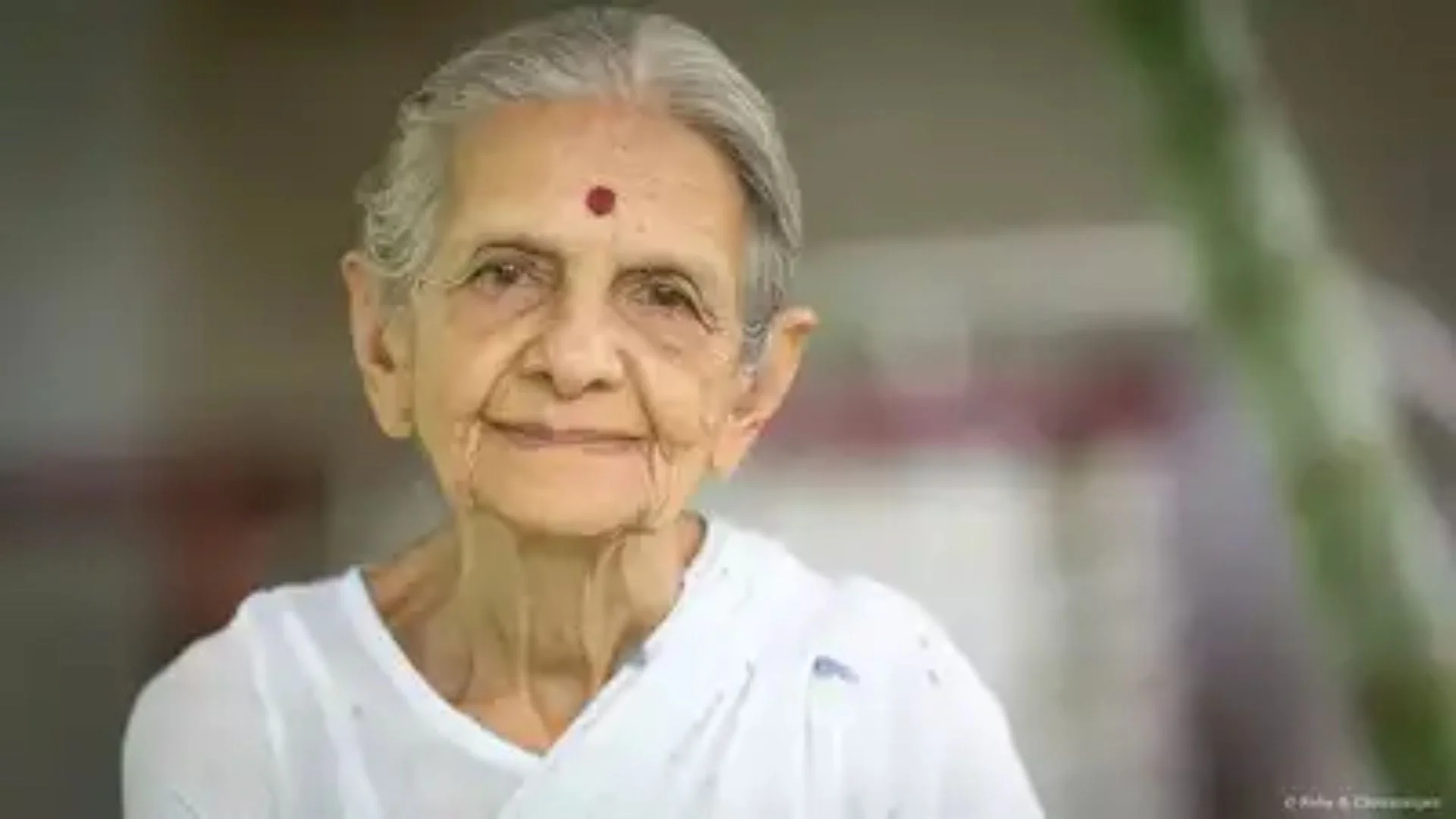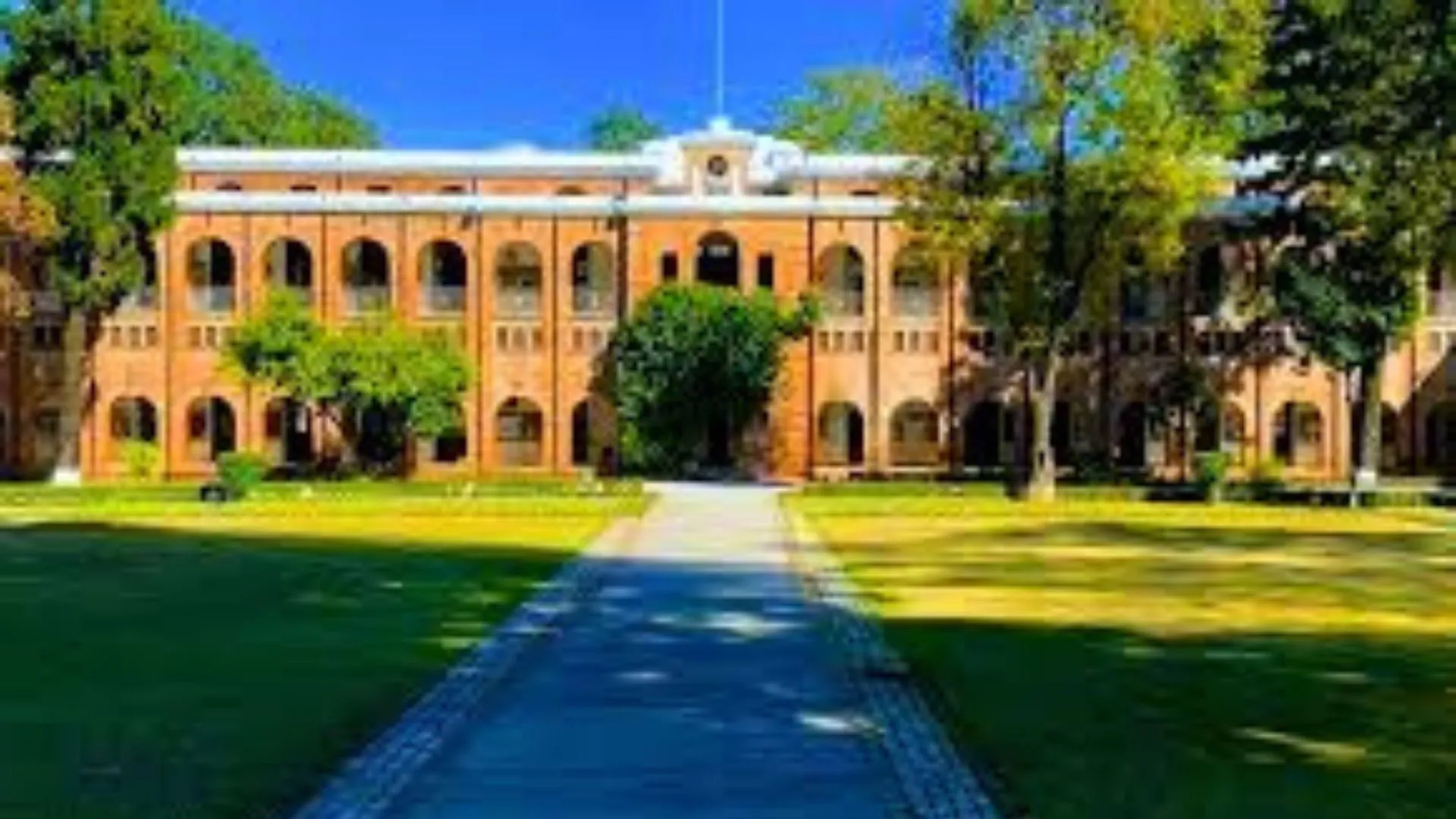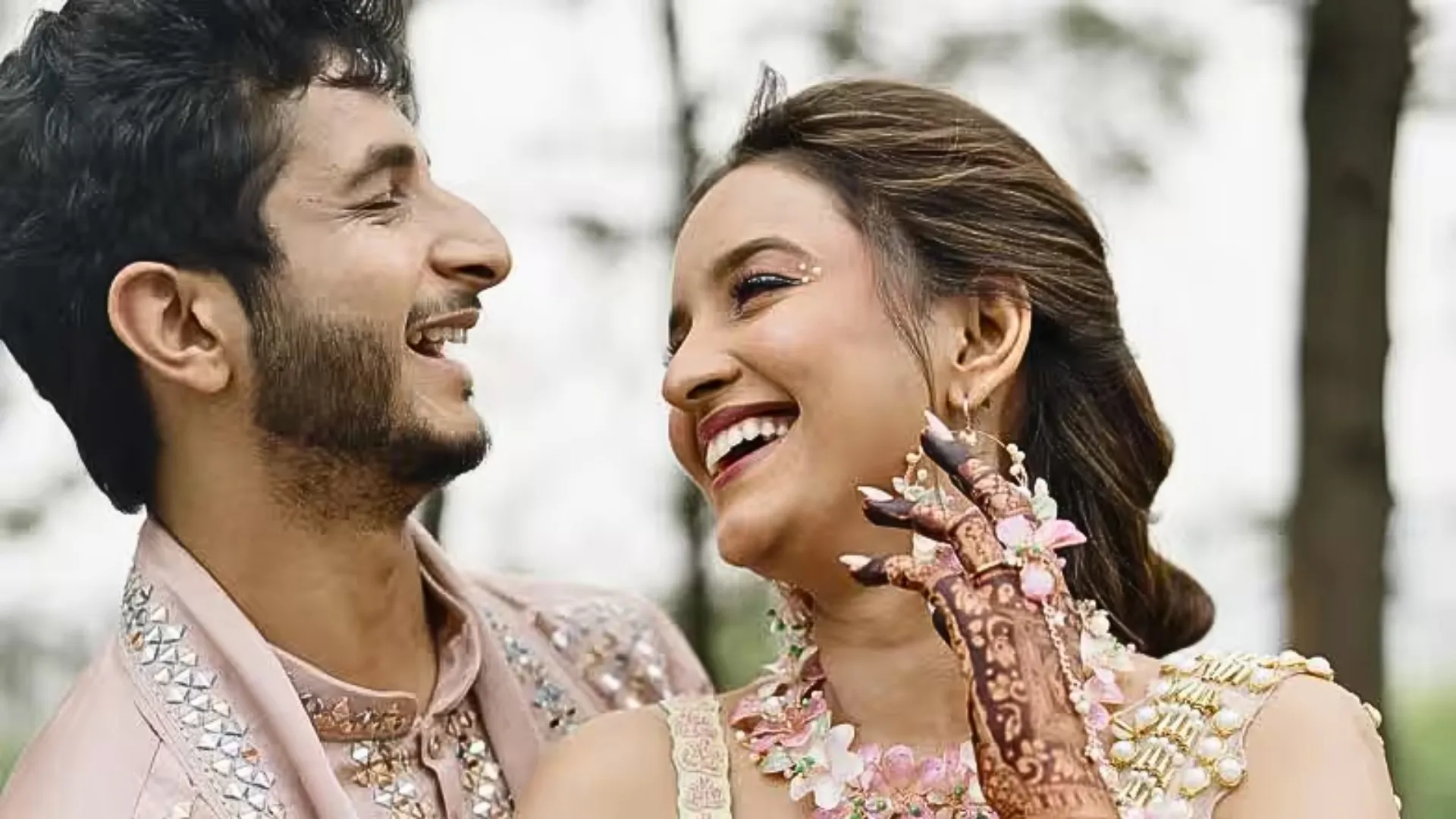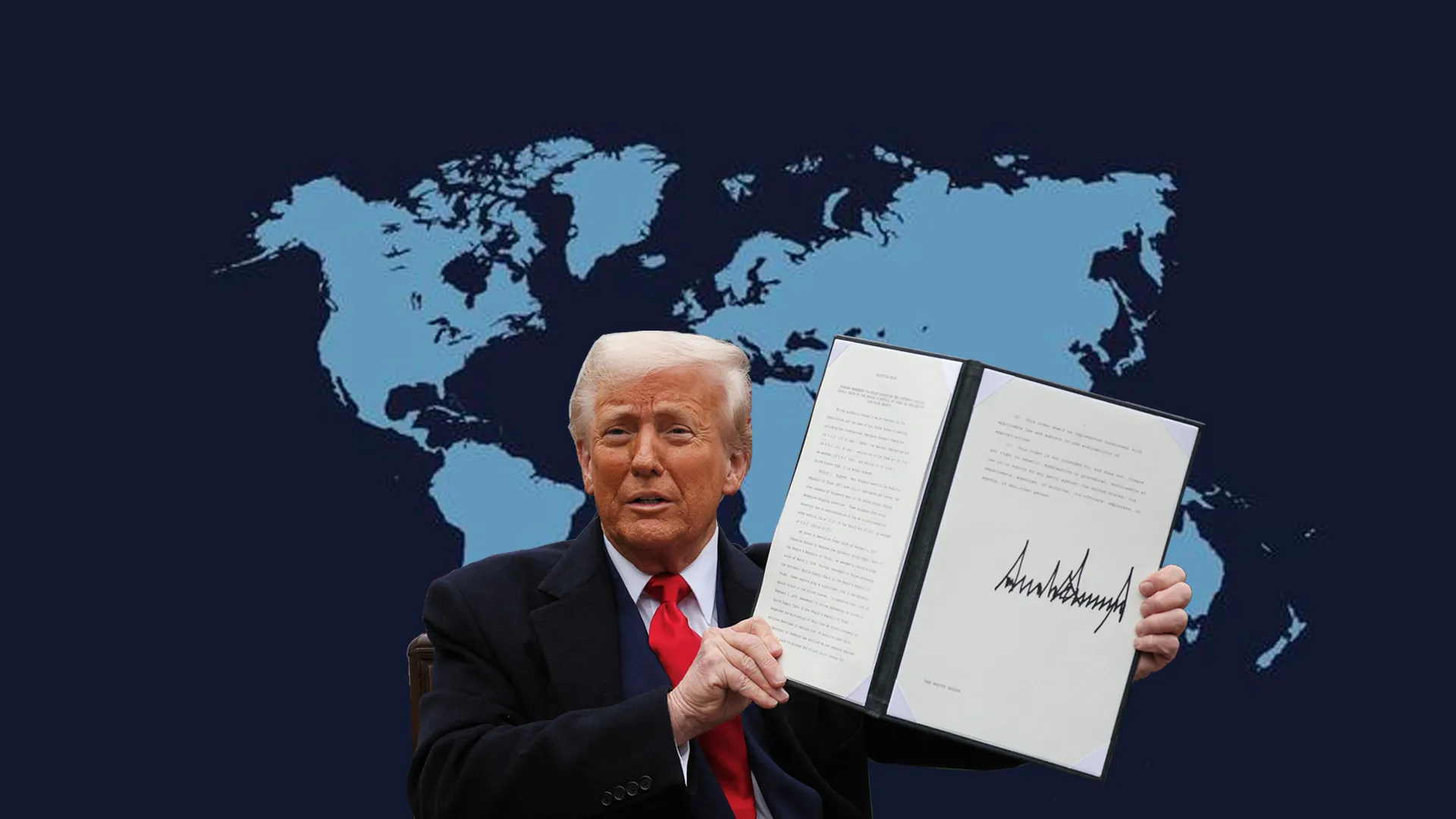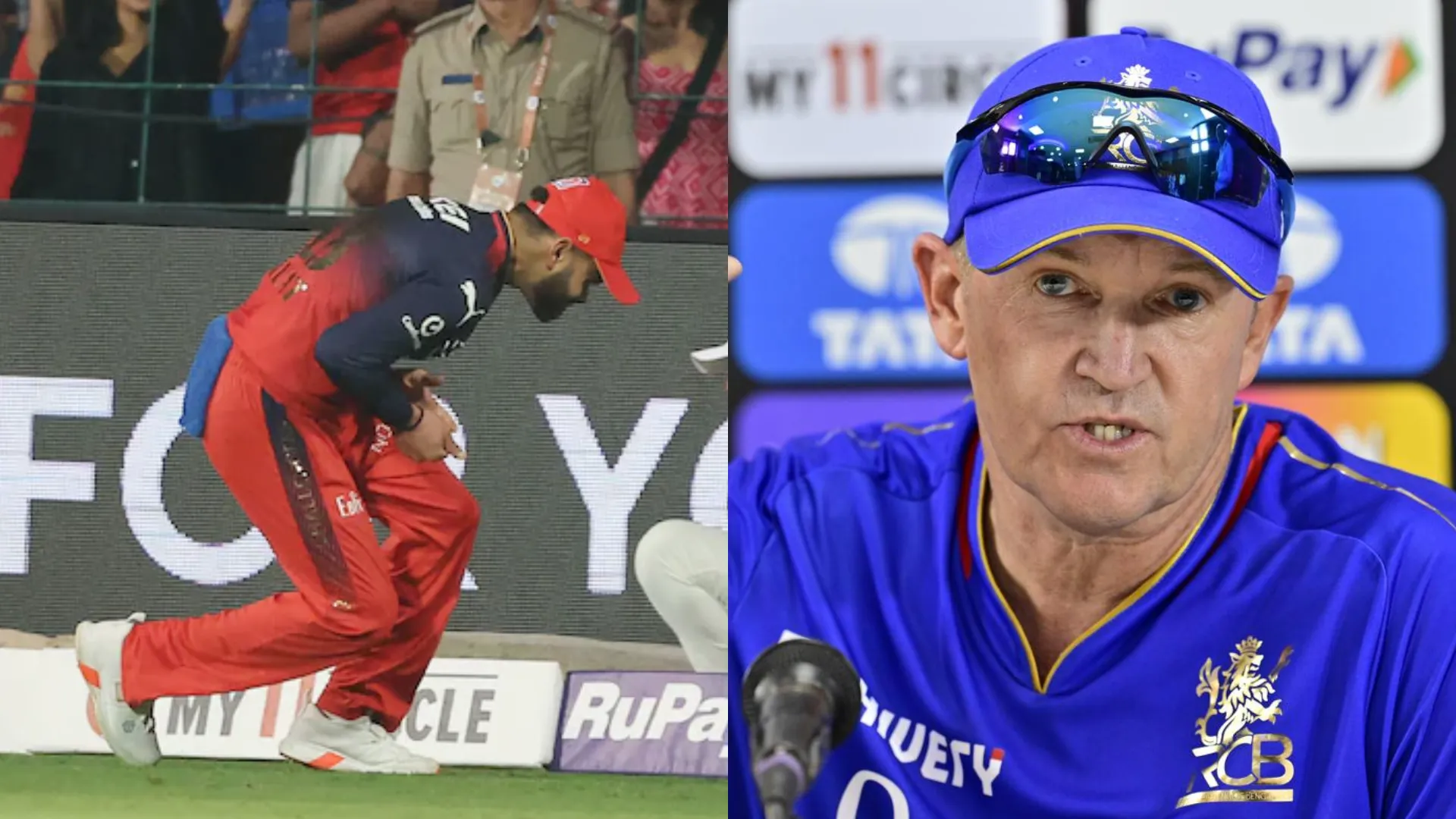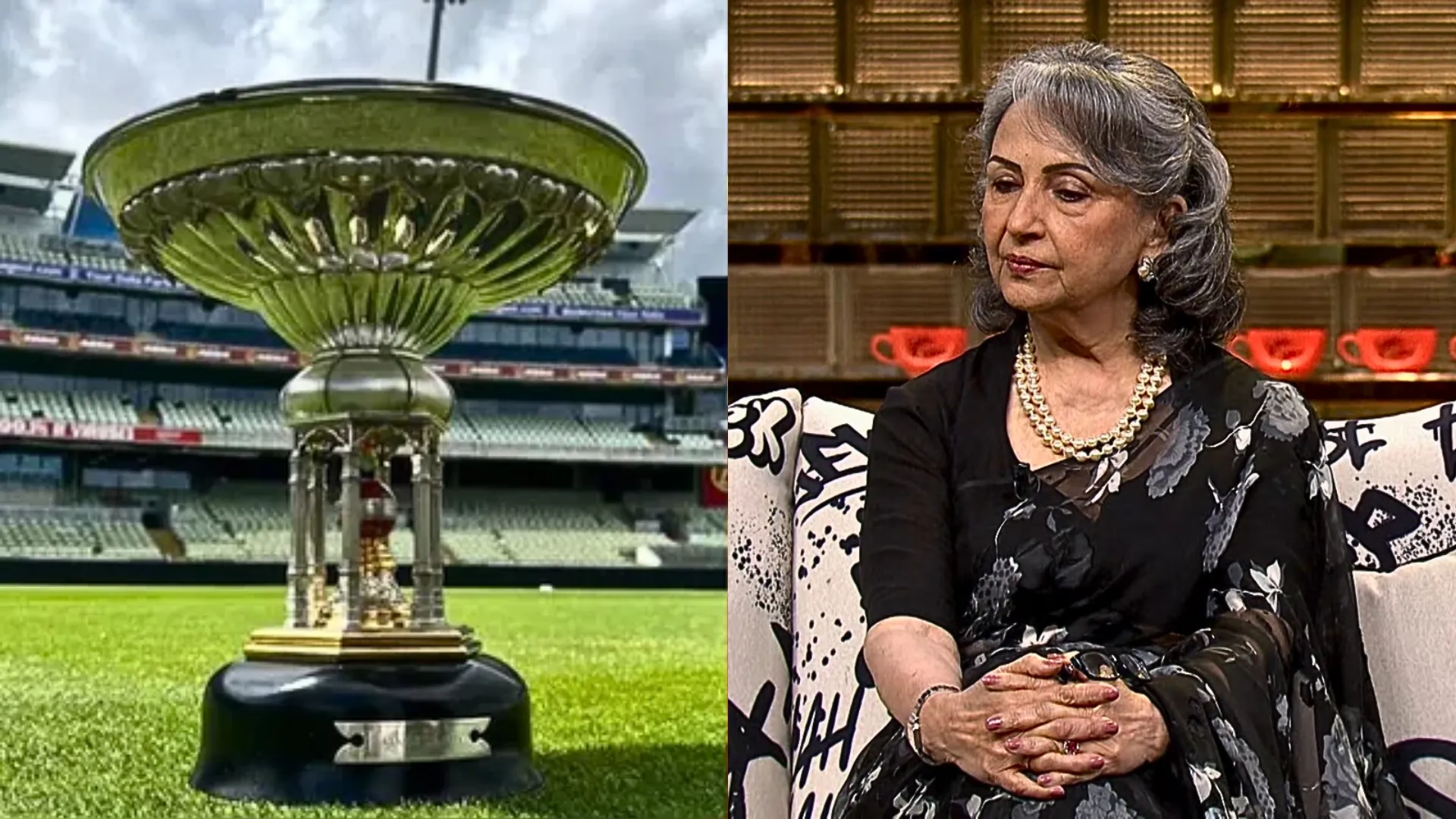In a significant move, the Janata Dal (United) has appointed Rajya Sabha MP Sanjay Kumar Jha as the party’s working president. The decision was made during the JD(U)’s national executive meeting, where it was also confirmed that Chief Minister Nitish Kumar would continue to serve as the national president of the party.
Sanjay Jha’s appointment is seen as a strategic choice due to his strong rapport with the Bharatiya Janata Party (BJP) leadership. Jha, who also leads the party in the Rajya Sabha, is expected to play a crucial role in fostering a cooperative relationship with the BJP, despite past tensions between the two parties. Party insiders believe Jha’s position will be instrumental in securing favorable agreements from the BJP, ensuring smooth collaboration between the coalition partners. During the executive meeting, JD(U) emphasized the need for strict measures against those involved in exam paper leaks and urged the enactment of stringent laws to prevent such incidents in the future.
A notable resolution passed at the meeting called for Bihar to be granted special category status or a special financial package from the central government. This demand reflects the party’s ongoing efforts to secure more resources and support for Bihar’s development.
Key figures at the meeting included Bihar CM and JD(U) President Nitish Kumar, Union ministers Lalan Singh and Ram Nath Thakur, along with other senior leaders from across the country. The gathering took place in Delhi, highlighting the party’s national influence and agenda. Nitish Kumar’s political journey has seen him re-align with the NDA, taking oath as Bihar’s Chief Minister with BJP’s backing after briefly joining the Rashtriya Janata Dal-led ‘Mahagathbandhan’ in August 2022. The JD(U) contested the 2024 Lok Sabha elections in alliance with the BJP, a partnership that proved successful as the BJP-led NDA secured 29 out of 40 seats in Bihar. Both BJP and JD(U) won 12 seats each, while the Lok Janshakti Party (Ram Vilas) claimed all five seats it contested. The Rashtriya Janata Dal (RJD) and Congress managed to secure four and three seats, respectively.

